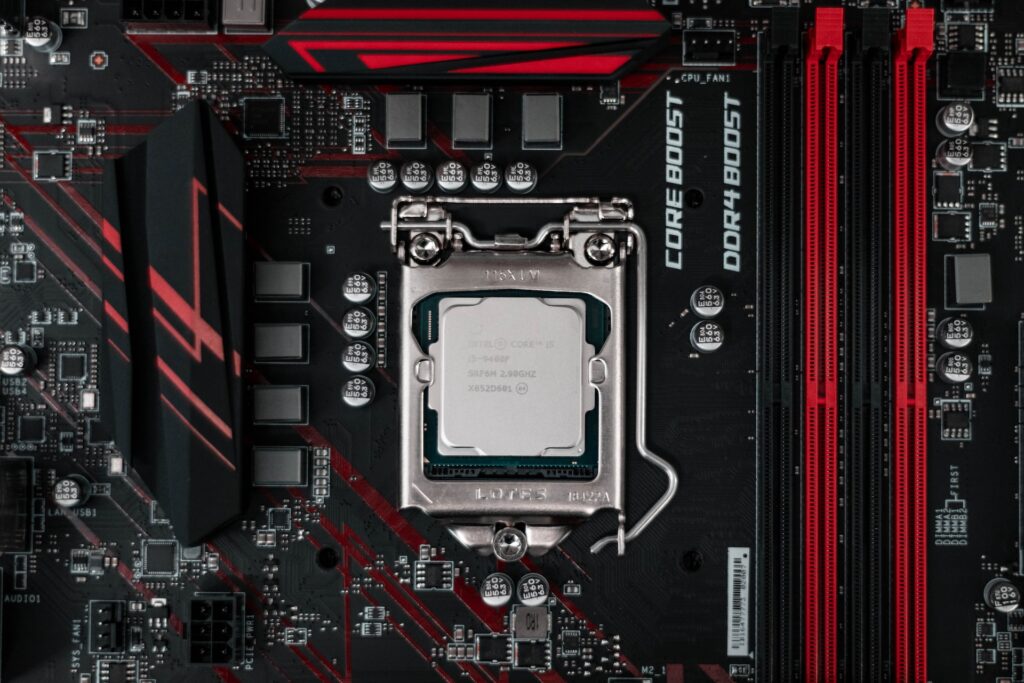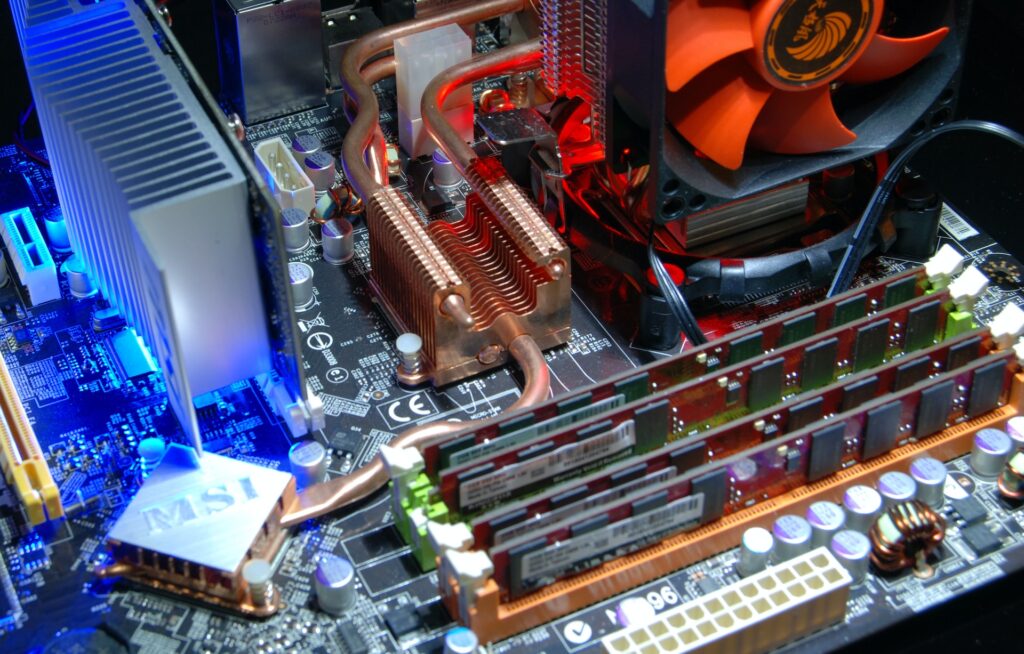In today’s digital age, a laptop has become a vital tool for many people. From students to professionals, a laptop is utilized for work, leisure, communication, and many more functions. Given the number of options available in the market, the challenge of selecting a suitable laptop can become very intimidating. Within this write-up, we attempt to furnish you with full and complete guidance that will support you in selecting the right laptop for your demands.
Table of Contents
Determine Your Needs
To begin the process of selecting the right laptop for you, it’s vital to first examine your requirements and prioritise your preferences. Ask yourself questions like, What will I use the laptop for? Do I need it for work, gaming, or entertainment? How often will I carry it around? Will I use it for extended hours without a power source? Answering these questions will help you identify what specifications you need in a laptop.
Consider the Operating System
The operating system works as the mediator that controls the computer system’s different hardware and software resources. While Windows, macOS, and Chrome OS remain the most commonly used operating systems, each one comes with its own unique set of perks and downsides that must be carefully assessed against your specific wants and expectations. Windows is a popular choice for gaming and productivity; macOS is known for its stability and security; and Chrome OS is an economical and lightweight solution.

Check the Processor
The processor is the brain of your laptop. It is responsible for executing commands and launching applications. There are two primary CPU brands on the market: Intel and AMD. When it comes to computer processors, Intel is recognised for its top-notch performance, while AMD processors are famed for their cost-effectiveness. When picking a processor, consider its clock speed, number of cores, and cache memory.
Look at the RAM
Random Access Memory (RAM) is the temporary storage that allows the CPU to access data quickly. By having a greater amount of RAM, you may effortlessly run a larger number of applications concurrently without any major influence on your computer’s performance. When buying a laptop, seek out at least 8GB of RAM, and consider 16GB or more if you will be utilising resource-intensive programmes.
Storage Options
There are two basic storage options for laptops: hard disc drives (HDD) and solid-state drives (SSD). Typically, hard disc drives (HDDs) offer more storage space at a more inexpensive price point, whereas solid-state drives (SSDs) are quicker and more dependable. Consider your storage demands and budget while deciding between HDDs and SSDs.
Display Quality
Of all the components of a laptop, the display is among the most crucial. Look for a display with high resolution and outstanding colour accuracy. Consider the size of the display, the aspect ratio, and whether it has touch functionality.

How to Choose the Right Laptop Graphics Card
If you are a gamer or a graphic designer, you need a laptop with a dedicated graphics card. A dedicated graphics card can handle high-end games and 3D apps. When shopping for laptops, seek out ones equipped with NVIDIA or AMD graphics cards.
Battery Life
Battery life is a crucial element to consider, especially if you will be using your laptop for long hours without a power supply. Prioritise laptops that deliver a minimum of 8 hours of battery life while searching for your ideal gadget.
Connectivity Options
Consider the connectivity choices while purchasing a laptop. Look for laptops featuring USB Type-C connections, HDMI ports, and SD card readers. Also, evaluate whether the laptop has Wi-Fi 6 and Bluetooth 5.0.
Weight and Portability
If you will be carrying your laptop around, consider its weight and portability. Look

